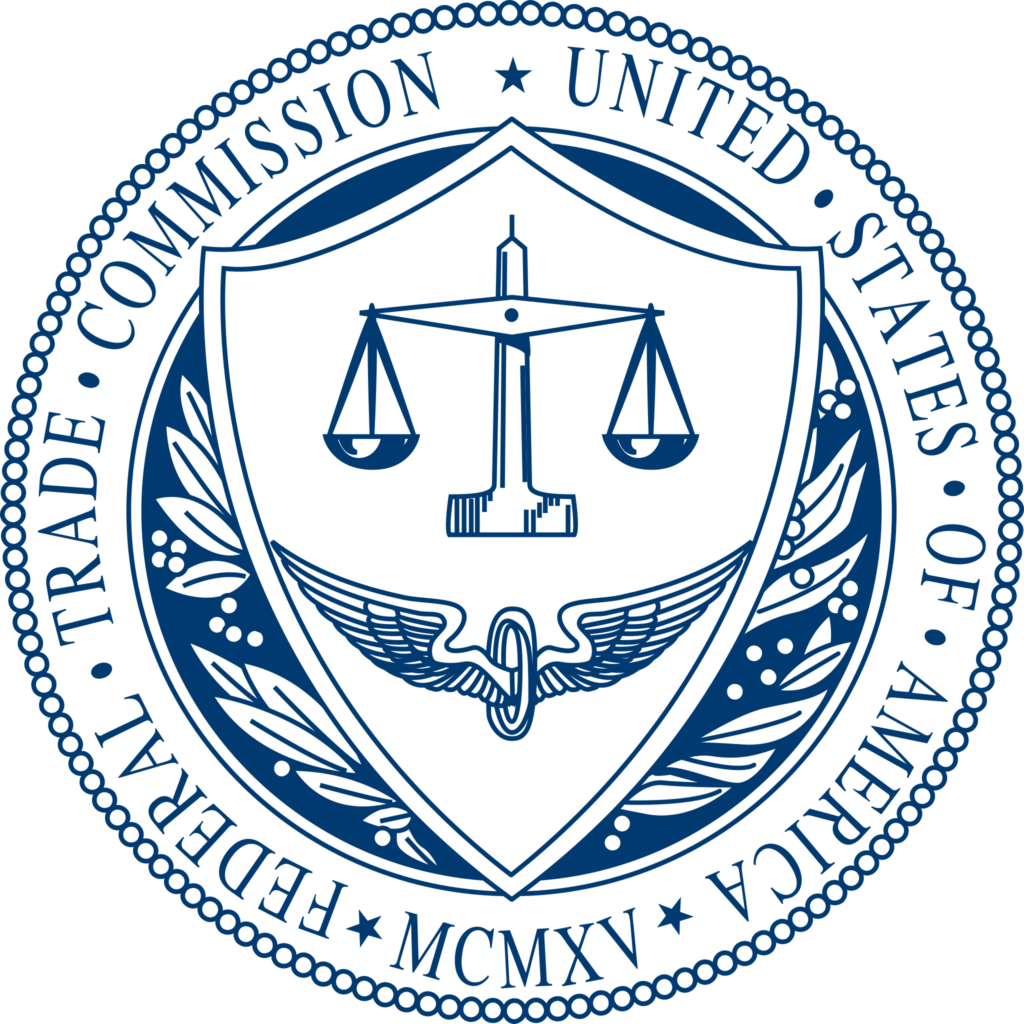he Economic Crime and Corporate Transparency Act 2023 aims to tackle economic crime and improve corporate transparency in the UK. This article delves into the Act’s key changes, particularly relating to corporate criminal liability and the new “failure to prevent fraud” offense.
Broadening the Net: More Liability for Companies
One major overhaul is the expansion of corporate criminal liability. The Act draws on the Law Commission’s recommendations, addressing the limitations of the current “identification principle.” Previously, a company could only be held liable if its “directing mind and will” (e.g., board members) had criminal intent. This often made prosecuting large corporations challenging.
The Act introduces Section 196, stating that a company commits an offense if a “senior manager” acting within their apparent or actual authority commits a relevant offense (e.g., fraud, theft). This definition of “senior manager” casts a wider net, encompassing individuals with significant decision-making power or managing key activities.
However, the question of whether a manager acted within their “apparent scope of authority” remains open to interpretation, potentially leading to legal disputes. This might keep HR consultants and compliance departments busy with refining authority frameworks and documentation.
Failure to Prevent Fraud: Burden on Large Businesses Only?
Another key provision is Section 199, creating a “failure to prevent fraud” offense. Here, a “relevant body” can be liable if someone associated with them commits fraud with the intent to benefit the body. However, the definition of “relevant body” is limited to “large organizations” meeting specific criteria (e.g., turnover, employee count).
This limitation reflects the government’s concern about overburdening small and medium-sized businesses (SMBs) with implementing fraud prevention measures. This stance sparked debate, with some arguing that all businesses, regardless of size, should address fraud prevention like other regulations.
Ironically, the broad scope of corporate criminal liability and the limited “failure to prevent fraud” offense might indirectly impact even SMBs. Companies of all sizes might feel compelled to strengthen their fraud prevention measures to avoid potential prosecution under the broader liability provisions.
The Real Impact: Beyond the Headlines
While the Act aims to combat economic crime and improve transparency, its true impact remains to be seen. The interaction between the expanded liability and the limited “failure to prevent fraud” offense might create unforeseen complexities for businesses of all sizes. Ultimately, ensuring robust fraud prevention measures benefits everyone, fostering a healthier corporate sector and a more secure economy.



